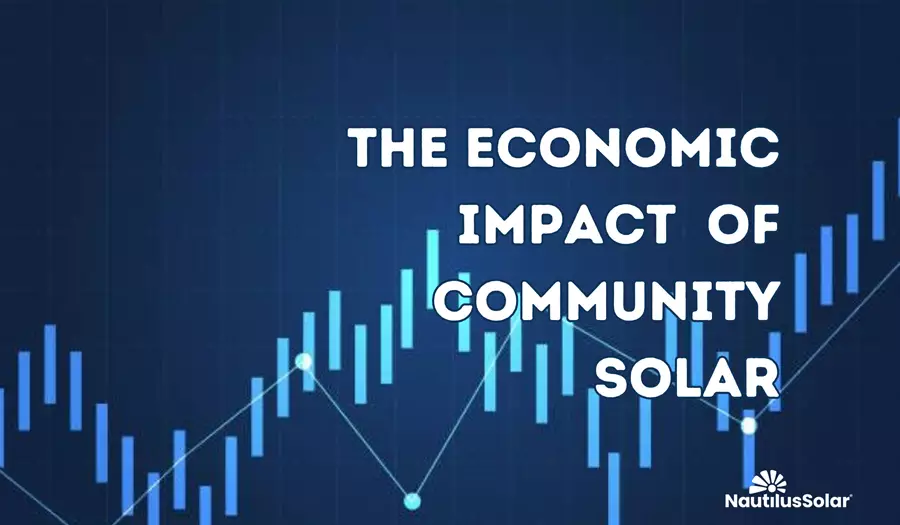No Upfront Installation Costs
One of the benefits of community solar power is that it doesn’t involve expensive panels that must be installed and maintained. When people sign up for community solar (for free), it takes them just a few minutes online and doesn’t involve writing a sizable check before solar panels can be installed on their property. In other words, you don’t have to spend money before being able to access solar energy.
Available to Everyone
The panel installation costs can be a barrier to entry for people, particularly in low- to middle-income households. With community solar, those barriers disappear and community solar becomes a solar advantage. What’s more, it’s also possible for people who rent rather than own to participate in the benefits of solar power. Less expensive, cleaner energy is not just for the wealthiest households, but for everyone.
New Jobs
As the demand for community solar increases, the opportunity for new local jobs increases as well. These can be well-paying, long-lasting jobs, and many of those jobs can be in economically hard-hit areas such as rural or agricultural communities. These jobs include both building the solar farms and maintaining them.
Recycled Land
In many rural and agricultural communities, there’s compromised land. That means land that either wasn’t appropriate for many uses (for example, too barren or rocky to grow crops) or was farmed heavily and is no longer usable for such. Some of these lands can be recycled into solar farms, providing both environmental and economic solar advantages to the local community.
Community Benefits
When people have access to new jobs or landowners have ways to revitalize otherwise unusable land, that helps their household income—and in turn, they can use those new sources of income to spend money within their community, whether it’s buying groceries, supporting the local café, or donating to the local school’s PTA. That in turn helps the local tax base, which allows towns to re-invest in their communities too.
Often, when people try to name facts about solar energy, they don’t realize just how strong the economic potential is for community solar, both on personal and community levels. These solar advantages may already be in your community or coming soon—click here to find out!


.png)

.png)